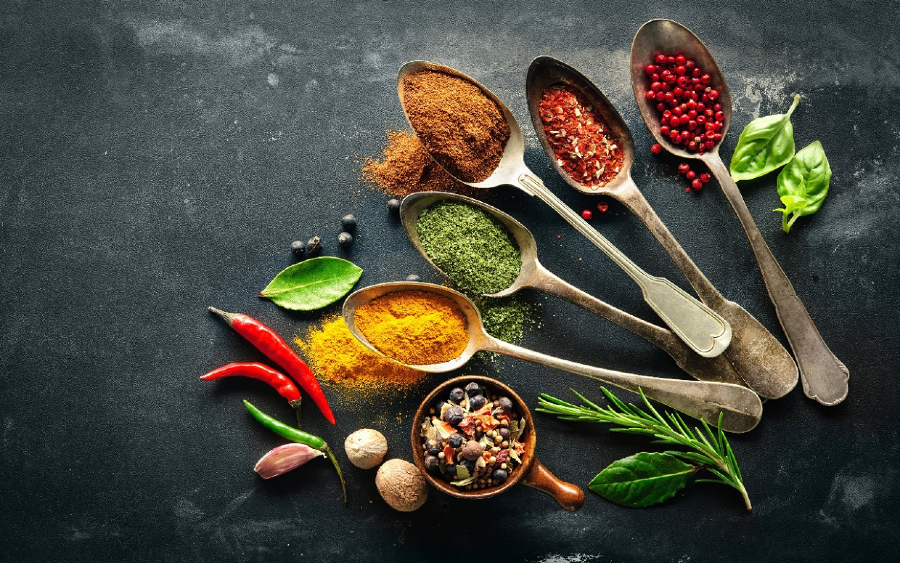Bia Analytical Addresses Herb & Spice Authenticity

Food fraud is estimated to cost the global economy $50 billion a year – and that may only be the tip of the iceberg. Exposure to economically motivated food fraud can be extremely damaging to your brand and reputation, not only can it cost you lucrative contracts but also have a negative impact on consumer confidence.
The challenges in today’s complex food supply chains means that food suppliers, processors and retailers need all the tools available to guarantee supply chain integrity and to deliver safe and authentic foods to the consumer.
The Joint Research Council (JRC) recently released their technical report highlighting the results of an EU wide survey to establish the prevalence of fraudulent practices in the marketing of herbs and spices. The report focuses on black pepper, curcuma, cumin, oregano, paprika/chilli and saffron and concludes that overall, 17% (323 of 1885 samples) of tested samples were suspicious. Oregano was particularly of note with 48% of tested samples being reported with suspected adulteration.
Bia Analytical is a leading food authentication testing laboratory based in Belfast, Northern Ireland, with cutting-edge food authenticity testing methods that can help protect the food supply chain against economically motivated adulteration. The company offers a complimentary approach to DNA based testing methods, such as Next Generation Sequencing.
Bia Analytical work closely with herb and spice companies to source the materials used to develop their methods, these relationships are vital in the research and development of new products to help meet the needs of the herbs and spice industry. The company analyse hundreds of known authentic samples (and also many of their known potential adulterants) from around the world to build chemometric models for each commodity.
Clients require fast results, therefore samples are run as a priority with a guaranteed three working day turnaround time in place to empower the client to make quick decisions and maintain confidence in their products.
John Hill of The John Hill Partnership LLP said, “Leading companies in the herb and spice sector have been working with Queens University in Belfast since 2014 to develop robust validated methods for the detection of adulterants in a range of dried herbs and spices. These tried and tested techniques, as exclusively adopted by Bia Analytical, are therefore able to provide robust testing programmes, helping to secure the often long and complex supply chains associated with dried herbs and spices and which all companies should have in place.”
Spectroscopy and chemometrics are the underpinning technologies used in all of Bia Analytical’s methods. Spectroscopic data alone, does not necessarily reveal anomalies, however, when coupled with chemometric modelling, it can be a powerful tool in the fight against fraud in the herb and spice industry. Spectroscopy is used to monitor the samples interaction with a certain type of light allowing us to gather sample data or ‘fingerprints’; chemometrics is used to generate authenticity models and compare unknown sample data to a model.
Bia Analytical continue to excel in providing leading laboratory-based testing and the development of portable food authenticity testing services using innovative food fraud and substitution analysis technology.
Further information
Sales: Email: sales@bia-analytical.com Telephone: +44 (0)2871 879 737
Press: Lauren Fleming, Marketing and Administration Officer: Email: lauren.fleming@bia-analytical.com